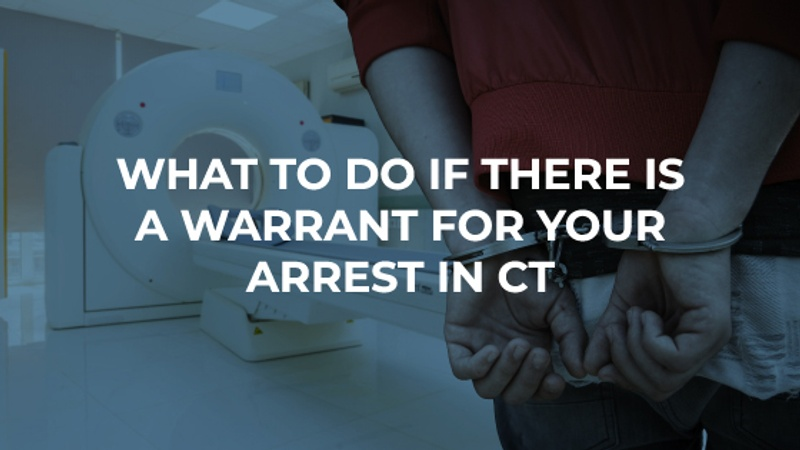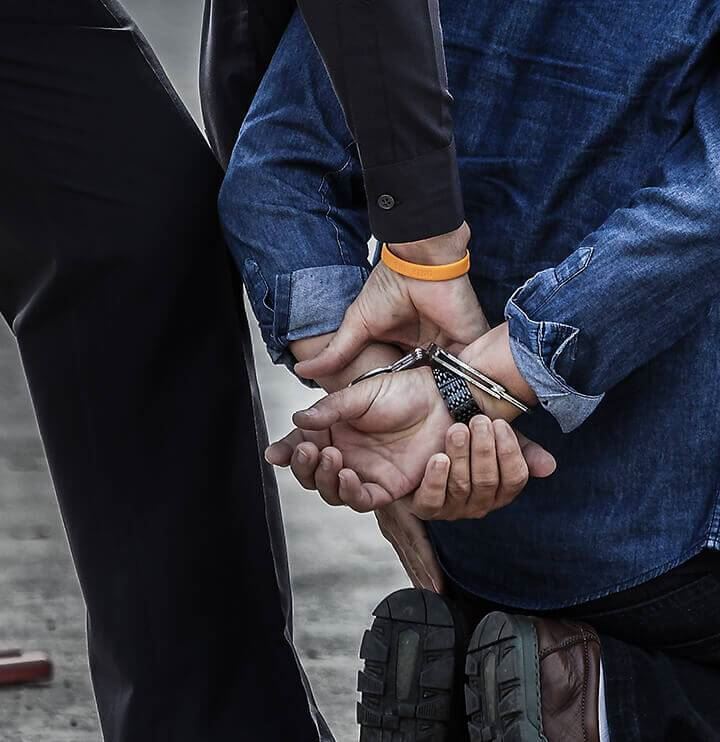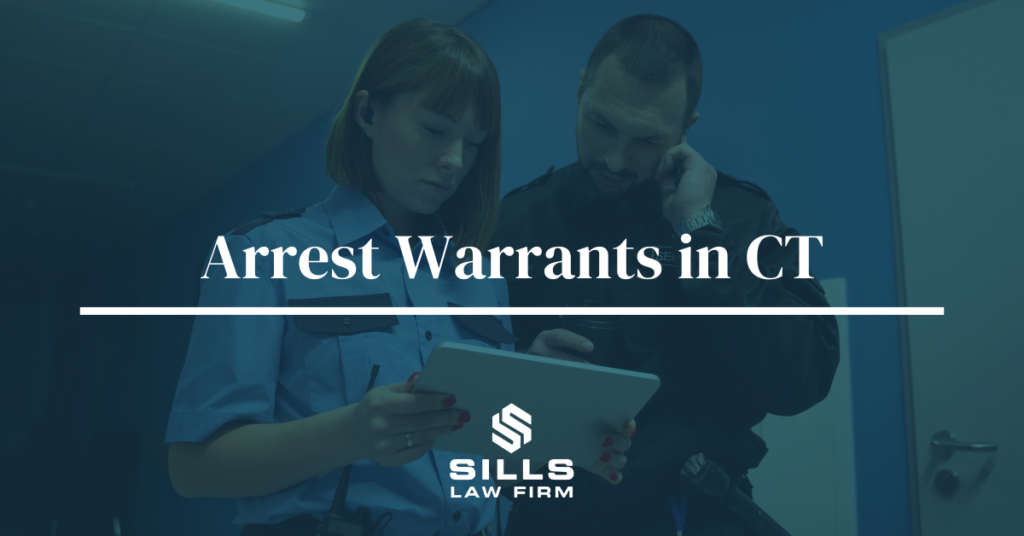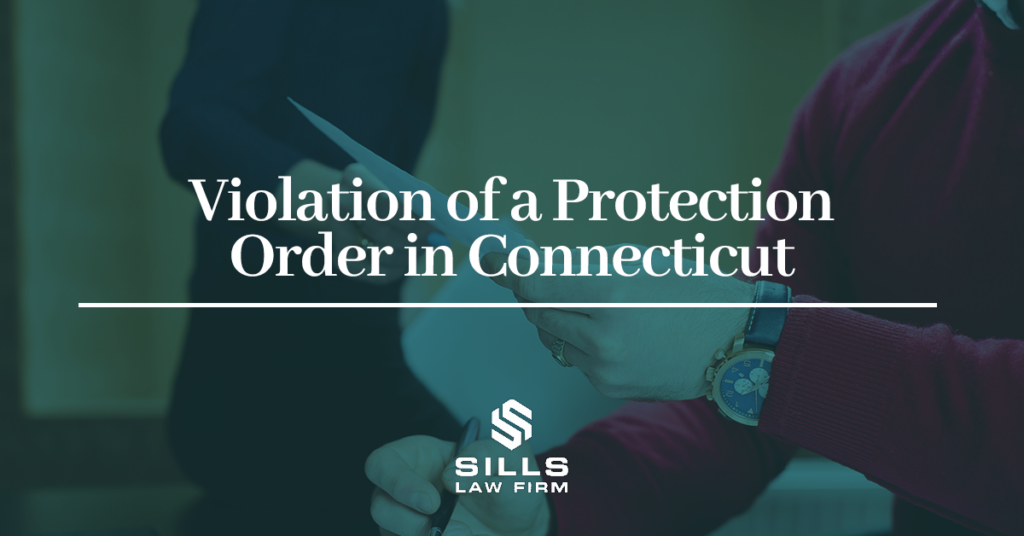If there is a warrant out for your arrest, you may not find out about it until the police knock on your door. Alternatively, you may learn about it on Connecticut’s criminal case lookup site or even get advance notice from another source. Whatever the case may be, if you have a warrant out for your arrest, there are certain steps that you should take.
Being arrested does not mean that you are guilty of a crime. What you do before, during, and after an arrest can play a role in whether or not you beat the charges against you. That is why it is vital that you protect yourself – and your legal rights – whenever there is a warrant out for your arrest.
At the Sills Law Firm, we are zealous advocates for clients charged with crimes in Connecticut. Whether you have been charged with a DUI crime or a violent offense, we’ll help you achieve the best possible outcome. If an arrest warrant has been issued for you, read on to learn more about what you should do – and then give our office a call for a free consultation.
Step 1: Call a Lawyer
The single most important thing that you can do after learning about an arrest warrant is to call a CT criminal lawyer. Your attorney can advise you on what to do, be present at your arrest and during questioning, and attend court hearings with you. They can also get to work immediately on an aggressive defense strategy to reduce the likelihood of conviction or severe consequences.
If you have already been arrested, you should request a lawyer immediately. If you know that you have an arrest warrant pending, then schedule a consultation with a criminal defense attorney. They can talk you through the next steps and how to best protect yourself during and after your arrest.
Step 2: Talk to a Bail Bondsperson
People who first learn about an arrest warrant when the police arrive at their front door don’t have the option of making arrangements with a bail bonds person in advance. However, if you know that you are about to be arrested and have the opportunity to do so, it often makes sense to contact a bail bond company to figure out how to post bail ahead of time.
Although some states are moving away from cash bail, in Connecticut, if you are charged with a crime, then you will typically be required to post bail in order to be released from custody pending trial (unless a judge denies bail). You have the option of posting the full cash amount or a bail bond. If you don’t have the money available to post bail, then your best bet is usually to work with a bail bonds person.
Step 3: Turn Yourself In
If you haven’t already been arrested, then your next step should be to arrange to turn yourself into the police. Doing so can help you avoid an embarrassing public arrest. Your attorney can also advise you as to the best days and times to turn yourself in to minimize the amount of time that you spend in jail.
Step 4: Exercise Your Right to Remain Silent
Under the Constitution, you have a right to remain silent while you are in police custody, including during the booking process. This right is critical to your ability to mount a defense to the charges against you. Make sure that you exercise it in order to avoid incriminating yourself.
If the police seek to question you, the only thing that you should say is that you want a lawyer. Do not give an oral or written statement. Similarly, do not talk about the charges against you with anyone else in the jail with you (including fellow inmates) or to loved ones while using the phone at the police station or jail. These conversations may be recorded or otherwise used against you.
Don’t Wait to Call a CT Criminal Defense Lawyer
Finding out that you have a warrant out for your arrest can be incredibly scary. While it may be tempting to ignore the warrant, your best bet for getting a good outcome for the case is to deal with it head-on, starting with hiring a Connecticut criminal attorney.
At the Sills Law Firm, we have experience defending clients against all types of criminal charges. If you are facing criminal charges, we will fight for your rights and your freedom. To learn more, give us a call at 860-524-8118 (Hartford) or 203-591-1935 (Waterbury). You can also fill out our online contact form to schedule a free consultation with a CT criminal lawyer.
Related:






